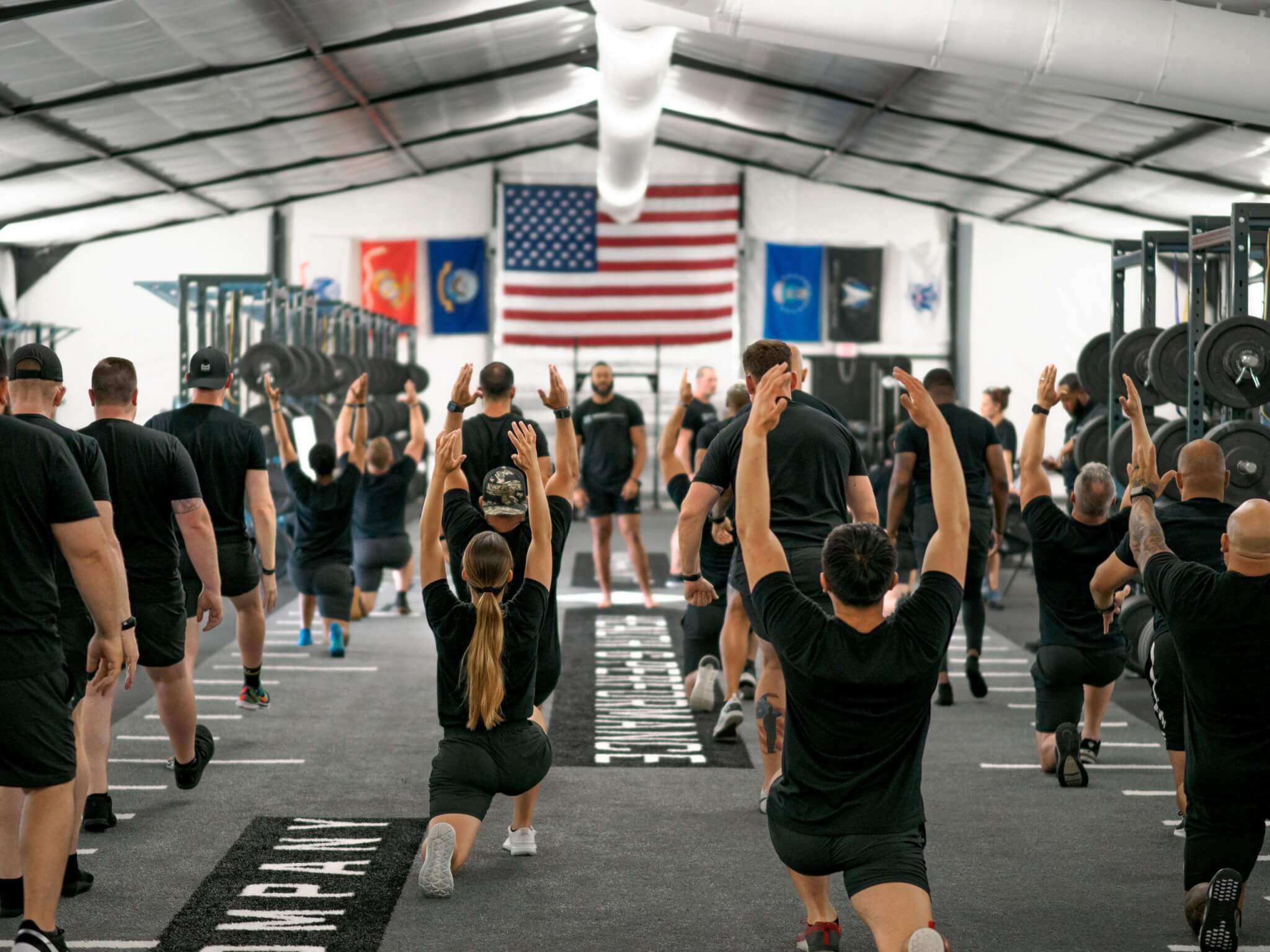
If Hunter Schurrer could teach one thing to military members preparing for their next physical fitness test, it would be this: it’s about so much more than a final score.
“People think, ‘If I just pass the test, then I’m good to go,’” said Schurrer, director of training at the University of Health & Performance (UHP), an Arkansas-based training institute for coaches. “But you have to start looking at your quality of life, your injury risk, your own physical health and fitness.”
A longtime strength and conditioning coach, Schurrer spent 10 years helping Green Berets and other special ops troops at Fort Lewis, Washington, improve their fitness. The relationships developed in that community, he said, caused him to fall in love with working with military members. In that vein, UHP has a nonprofit arm called FitOps, a program that turns veterans into fitness trainers.
“I love working with people who have served, who have unique skillsets picked up in the military, and helping them understand how to utilize those skills as they transition out of the military,” Schurrer said. “But the truth is, the military is reflective of society as a whole, and we’re sedentary and our nutrition has dropped off.”
Read on for Schurrer’s tips for improving your PFT score:
Determine your weakness — Some people are strong yet overweight, Schurrer said, while others could be aerobically fit yet
weak in their upper body. Take a look at your previous PFT scores to figure out where you can improve.
Make a plan — Even if there are only a few weeks until your test, you can still make a plan to shave a few seconds from your run or add another sit-up or two. Focus the most intensely on your area of weakness. If you’re already a fast runner, Schurrer suggested, don’t worry about your endurance; pay more attention to what you’re not good at.
Realize that higher PFT scores come from the entirety of your choices, not just the time spent in a gym or with a trainer — You don’t have to spend every waking moment at the base gym to improve your PFT score. You don’t have to hire a chef to cook nutritious meals. Schurrer teaches his clients that all of their small daily choices add up. How much you sleep, whether you grab another meal from the Shoppette, spending an extra half-hour on the couch instead of taking a walk — it all makes a difference. Even an increase of one test point could bump you up to the next level.
Don’t ignore strength training — “People in the military are often under-strengthed, but it doesn’t take that much to catch back up,” Schurrer said. “A little bit of strength training goes a long way.” Whether it’s dumbbells, a regular bench press or pushups, make sure you get some sort of “pressing” movement in, as long as it’s “big and basic,” he said.
Incorporate lunges and squats into your everyday movements — You can squat and lunge while talking on the phone, waiting in line, brushing your teeth. These movements will eventually translate into more endurance for your run, a trimmer midline and more calories burned.
Know not only what’s required in your PFT, but also your physical effort levels — “You need to know what it feels like when you’re getting close to the minimum number of push-ups and sit-ups,” Schurrer said. “Know what it feels like in your body when you’re close to pushing to maximum effort, and get OK with being a little uncomfortable until you hit it.”
Above all, Schurrer said, have a humble, hungry attitude that aims for physical wellness — not just the minimum PFT pass score.
“It’s about a much bigger picture than just the PFT,” he said. “It’s about why people joined in the first place.”







































